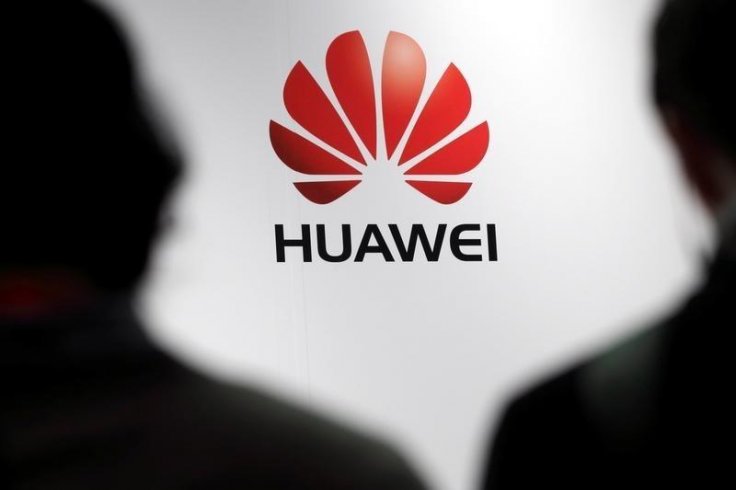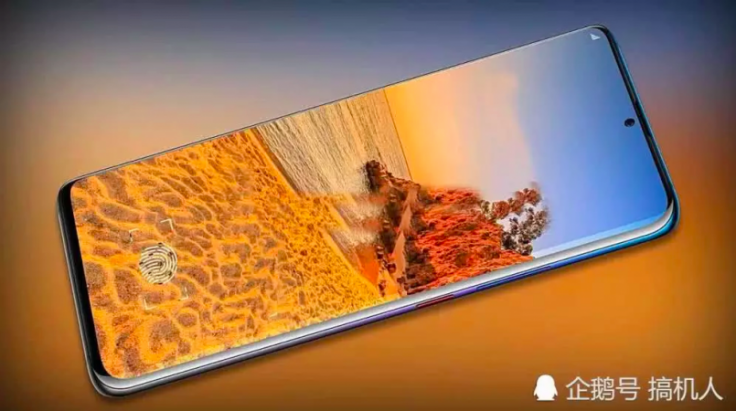
Huawei has been facing trouble from international markets following the US' allegations of espionage. Since its entry into the 'entity list' on May 16, Huawei has had to end trade with major chipmakers, networking companies and retailers. However, it recognises that the firms are being forced to act.
The challenges to Huawei become tougher as several global-standard organisations have decided to end association with the tech firm. The latest to comply with the US blacklisting of Huawei is the SD Association, the Wi-Fi Alliance group and the JEDEC group.
Dissociation from the SD Association means Huawei will no longer be able to use microSD cards, which allow users to increase the storage capacity of phones. The Wi-Fi Alliance sets standards for wireless technology and has major companies, including Apple, Intel and Qualcomm, as its members. They have "temporarily restricted" Huawei's participation in activities, according to a report from Nikkei Asian Review.
JEDEC is the global semiconductor standardisation organisation. Huawei has reportedly volunteered to suspend its membership from the group. A JEDEC spokesperson told Nikkei, "On May 17, 2019, Huawei Technologies notified JEDEC that it had decided to voluntarily suspend its membership in JEDEC until the restrictions imposed by the U.S. government are removed."
Google has also removed all Huawei phones from the Android Enterprise Devices list. This restriction on trade is potentially dangerous for international markets. Ken Hu, Deputy Chairman for Huawei said, "[The ban] goes against the values of the international business community, cuts off the global supply chain and disrupts fair competition in the market." Addressing concerns about other industries, he added, "This could happen to any other industry and company in the future if we don't jointly confront these issues."

Huawei's plans
Huawei has been a big contributor to the development of Android around the world. According to a statement, "Huawei will continue to provide security updates and after-sales services to all existing Huawei and Honor smartphone and tablet products, covering those that have been sold and that are still in stock globally."
The blacklisting has hit Huawei and international supply chains, but the Chinese firm had predicted this would happen and created a backup plan. They reportedly have the ability to make their own chips, albeit at a higher cost. They already made their proprietary Nano-Memory cards, which have replaced the universal standard on most new devices. With plans to make its own chips and a unified operating system, Huawei is trying its best to pull through.
U.S. companies have been communicating closely with Huawei, according to Ren Zhengfei, Founder and CEO of Huawei Technologies who spoke about the issue at a media round table conference. When asked why they did not implement their own technology earlier if it was developed, he said, "That means we are seeking the so-called 'independent innovation'. The main purpose of independent innovation is to become a dominant player, but we want to have partners all over the world... We don't want to hurt our partners. We want to help them have robust financial statements, even if it means we have to make adjustments."
"Our company will not end up with an extreme supply shortage. We have got well prepared. At the beginning of this year, I predicted that something like this would occur two years later and that the US would not take action before the US lawsuit against us was settled in court," said Zhengfei to the media. "We were quite sure that they would take action against us whatever the result was. We thought we would have two years to make preparations. But when Meng Wanzhou was arrested, it sparked everything off."
Huawei's growth has been slowed from 39% last year to 25% in April this year. The growth "may continue decreasing towards the end of this year. But the US ban will not lead to negative growth or harm the development of our industry," according to Zhengfei.









